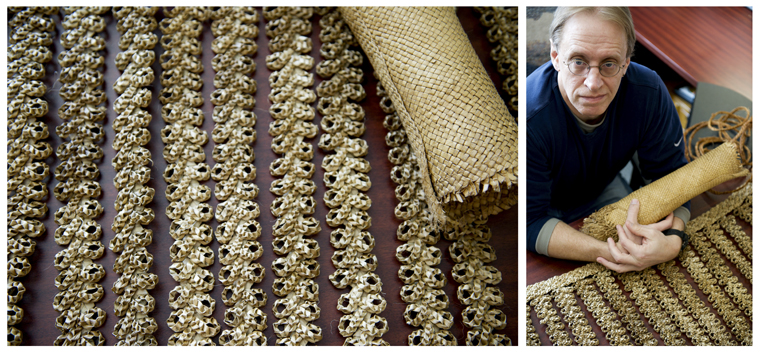A piece of the world: Peace Corps provides volunteers travel, service opportunities
March 18, 2011
March marks the 50th anniversary of the Peace Corps, which President John F. Kennedy created in 1960 for students to “serve their country in the cause of peace by living and working in developing countries.”
Matthew Vaughan, a senior from Mexico, Mo., plans to serve after he graduates.
“It’s been a huge passion of mine to try and have a huge impact on the world,” Vaughan said.
The Peace Corps sends trained volunteers to more than 70 countries to help with development and to better understand other cultures and help other cultures better understand Americans.
Nearly 130 WKU alumni have served in the Peace Corps thus far, according to information from Christine Torres, a spokeswoman for the Chicago Regional Peace Corps Office. There are about four WKU alumni currently serving.
Vaughan decided to apply for the Peace Corps because it combines two of his passions: impact and traveling.
He has been accepted and is waiting to find out where he will be sent to serve.
Like Vaughan, some students find the Peace Corps to be a good option after college because it’s a chance to serve their country before starting a career or going to graduate school.
“Not everyone is going to travel and live in an unfamiliar country for 27 months,” Vaughan said.
In 2007, Bowling Green graduate student Rachel Rudolph went to Paraguay as an environmental educator after she graduated from University of Nebraska-Lincoln. She taught schoolchildren about the environment.
Rudolph said she knew about the Peace Corps but didn’t think about it until her junior year of college when a recruiter spoke to her class.
She started thinking about it and applied.
“The application process was frustrating,” Rudolph said.
The process, which typically takes 6 to 12 months, starts with a 30-page application online.
In September 2007, Rudolph traveled to Paraguay with a group for three months of training.
They learned the language, trained for their jobs and met their host families.
“They don’t want you clinging to the other volunteers,” she said.
She planted a tree nursery with elementary school students.
“I remember the teacher saying, ‘In 10 years, you can come back here and they’ll be huge,'” Rudolph said. “It was a really good moment that they were going to take care of these trees in a way to remember me.”
WKU faculty members have been Peace Corps volunteers, too.
Associate psychology professor Tony Paquin served in the Kingdom of Tonga, near Fiji and Samoa, from 2002 to 2004.
“I quit my job to serve my country,” said Paquin, who had been teaching in Chicago. “It was not a popular decision at first with my parents and girlfriend.”
Paquin said he thought of the Peace Corps as an alternative to the military.
“For some people, if the military isn’t your calling, this is another way to serve,” he said.
Lawrence Alice, an
associate biology professor and coordinator for the WKU Peace Corps program, said he first thought of the Peace Corps as a back-up plan when he was an undergraduate student.
“I became obsessed the more I read about Peace Corps and the more people I talked to,” Alice said. “All I wanted to do was Peace Corps.”
Alice served in Niger, Africa, as a research botanist from 1990 to 1992.
Vaughan said he is excited about serving in the Peace Corps and preparing for the next phase of his life.
“It’s almost like high school,” he said. “It’s a new stage of life that you haven’t experienced yet.”













